Salt contains a high amount of sodium, which in high doses can lead to an increase in blood pressure. Here's how you can live a salt-free life.
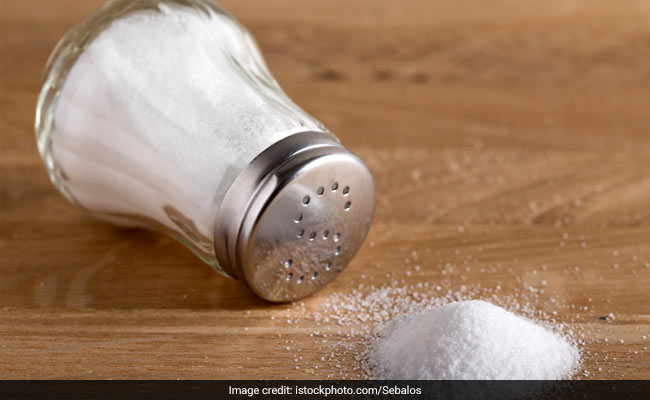
The first thing that must be done is to stop adding salt to your dishes
HIGHLIGHTS
- Adults should consume a maximum of just one teaspoon of salt a day
- The first thing that must be done is to stop adding salt to your dishes
- Excessive consumption of sodium can cause high blood pressure at any age
India has a long-standing history with salt. It is seen as a symbol of freedom in this land of spices. An ingredient with so much historical value can't be all that bad right? Well, if you think so, you would be wrong. Salt contains a high amount of sodium, which in high doses can lead to an increase in blood pressure. This, in the long run, can lead to various heart problems. It is, therefore, important to know the difference between how much sodium you should be consuming and how much sodium you're actually consuming.
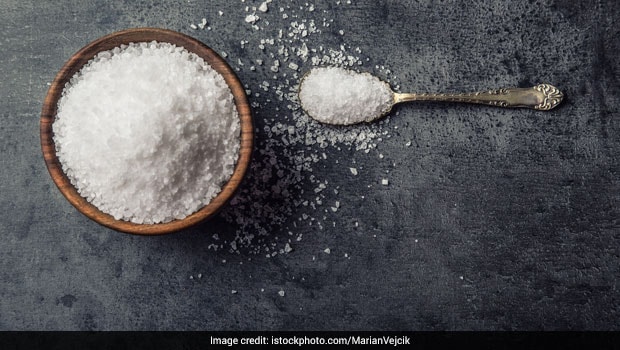
Photo Credit: iStock
Why you need to consume less salt
According to the World Health Organisation, adults should consume a maximum of just 2gms of sodium a day (the amount present in less than 1 teaspoon of salt!).
We Indians consume more than double that amount in a day. This could lead to cardiovascular problems in the future and your immunity could be compromised. It could also cause physical manifestations like puffy eyes and bloating.
Salt, in excess, is addictive. Once you start consuming salt, your taste buds get accumulated and make you crave more salt to add flavour.
The good news is that once you start lowering your salt intake, your taste buds will get acclimated and your food will start tasting just as good, if not better.
Also read: Cut Down On Salt And See The Benefits For Your Heart
How you can make that happen
The first thing that must be done is to stop adding salt to your dishes. Most food contains natural salt, adding more would just add an excess of sodium to your meals. Most people are unaware that majority of excess salt intake is due to processed meats and canned food. The key here is to cut down on processed food and move on to natural whole foods that include fresh store bought fruits, vegetables, and meat and reduce the intake of foods like sausages, salamis, ham, canned pickles, breakfast cereals and instant noodles. Having home cooked meals and replacing salt with lemon juice, coriander, black pepper, nutmeg, parsley, cumin, ginger, tarragon, garlic or onion powder, oregano or dry mustard will add flavours to your meal without the addition of unnecessary sodium.
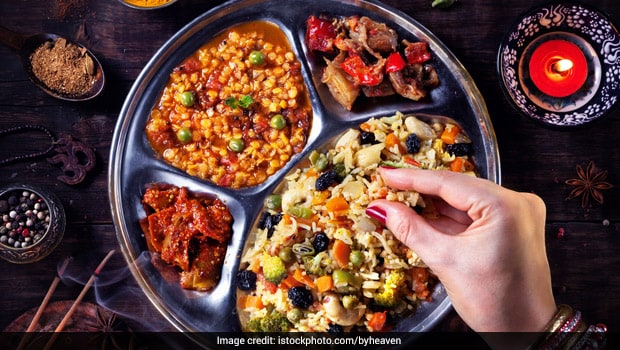
Processed and Instant Foods
We live in a fast-paced world, where people want to fast forward everything, including their meals. Because of this, a lot of attention is not being paid to what is being eaten and people end up hoarding themselves with foods like pre-packed instant noodles or cup noodles which albeit easy to eat have long-term ill-effects on our health. These foods must be replaced with, if not home cooked meals, then healthier options like multi-grain sandwiches, lentil soups, and fresh salads. Fruits can also be consumed on the go and are easy to travel with. Refined flour should be avoided and whole-wheat bread and rotis should be adopted. For breakfast, make sure to avoid breakfast cereals and processed meats. Instead, have toasted whole-wheat bread and fresh fruits with yogurt or eggs. You can even have whole-wheat parathas with unsalted butter, poha or vermicelli.
Also read: What Is Worse For Your Health - Sugar Or Salt?
Condiments
Grabbing a sandwich from food chains that claim to be healthy may also result in high consumption of sodium but not for the reason you think. Condiments like mayonnaise, mustard, and the ubiquitous tomato ketchup are silent forms of sodium-filled killers. Condiments contain large amounts of added salt to extend their shelf life and enhance their flavour. Replacing them with homemade salsas, tamarind chutneys or hummus is the best option.
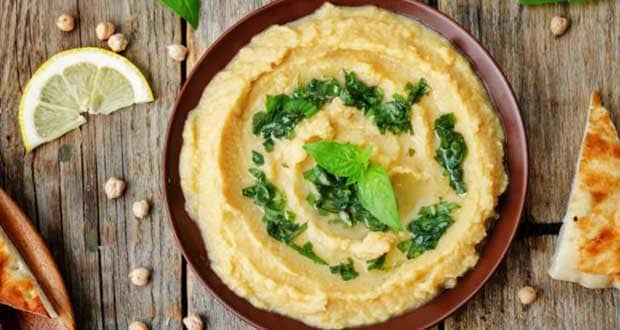
Photo Credit: iStock
Salt Myths:
1. When you sweat, you lose salt and need more in your body
There is no need for extra salt, even on hot and humid days, as very little salt lost through sweat. It is more important to drink plenty of water in this climate.
2. Sea salt is better than processed salt
Sodium is the cause of high blood pressure, so whether it comes from processed salt or from seas salt, the result is the same.
3. No salt equals no flavour
Even though it might feel that way in the beginning, you taste buds will soon get accustomed to less salt and you will be able to enjoy the other flavours present in your meal, making it more enjoyable.
4. Salty foods are tasty foods
All foods that are high in salt don't always taste salty. This is because they are mixed with other substances like sugar that mask the taste. It is therefore important to read the labels on food packaging to find out sodium levels.
5. High sodium levels only affect older people
Excessive consumption of sodium can cause high blood pressure at any age.
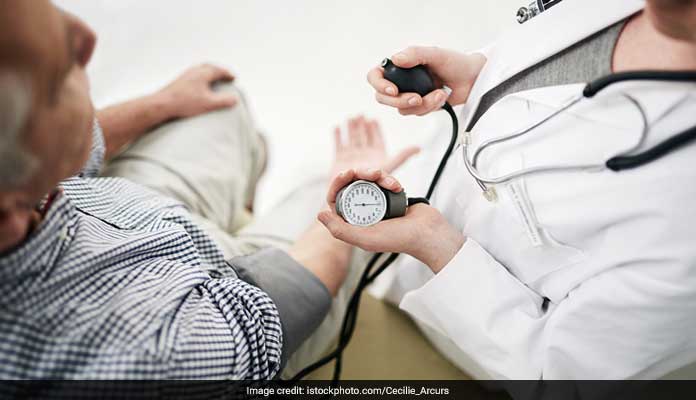
Photo Credit: iStock
6. Reducing salt could be bad for your health
Salt is present in almost all foods so it is very difficult to have too little salt. It is unlikely that your body will be deprived of salt if you don't add it to your food.
Some additional tips to reduce regular salt intake:
1. Remove the salt shakers from your dinner tables
2. Read the nutrition facts label before buying food
3. Limiting the consumption of salty snacks
4. Prepare your own meals.
5. Reduce portion size; less food means less sodium.
There is a simple relationship between sodium and high blood pressure; sodium attracts water, which increases the amount of water in our bloodstream, this can increase blood volume and blood pressure. The heart is then made to work harder, which can damage arteries and other organs, including the eyes, brain, and kidneys. So make sure to consume as little salt as possible today for a healthier tomorrow.
Disclaimer: The opinions expressed within this article are the personal opinions of the author. NDTV is not responsible for the accuracy, completeness, suitability, or validity of any information on this article. All information is provided on an as-is basis. The information, facts or opinions appearing in the article do not reflect the views of NDTV and NDTV does not assume any responsibility or liability for the same.
DoctorNDTV is the one stop site for all your health needs providing the most credible health information, health news and tips with expert advice on healthy living, diet plans, informative videos etc. You can get the most relevant and accurate info you need about health problems like diabetes, cancer, pregnancy, HIV and AIDS, weight loss and many other lifestyle diseases. We have a panel of over 350 experts who help us develop content by giving their valuable inputs and bringing to us the latest in the world of healthcare.














